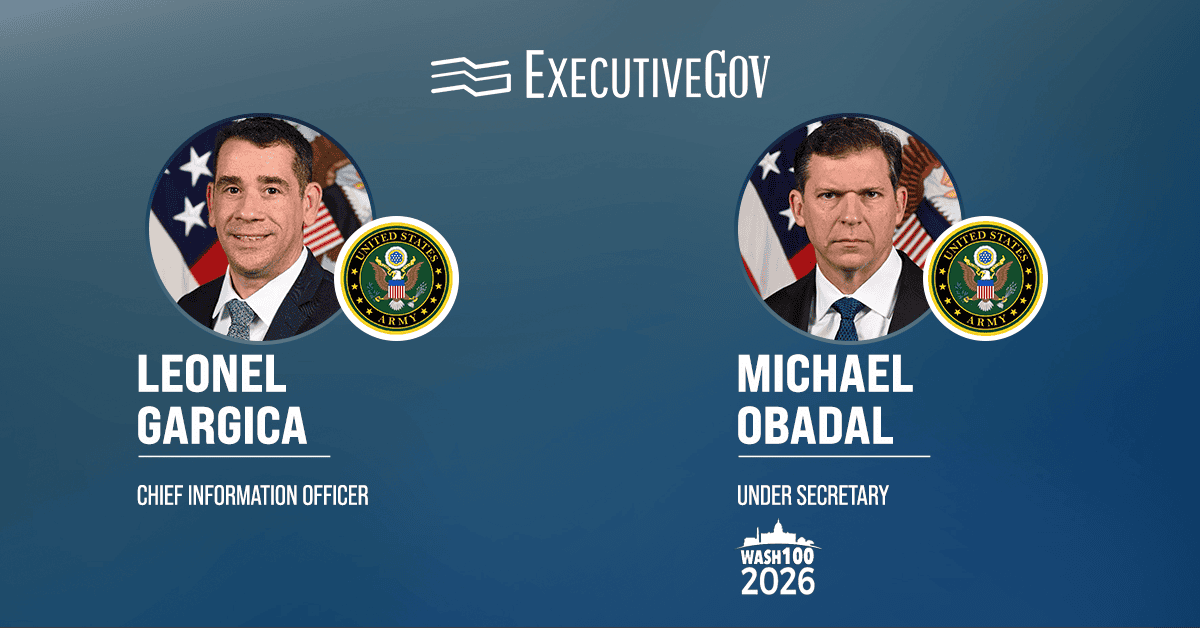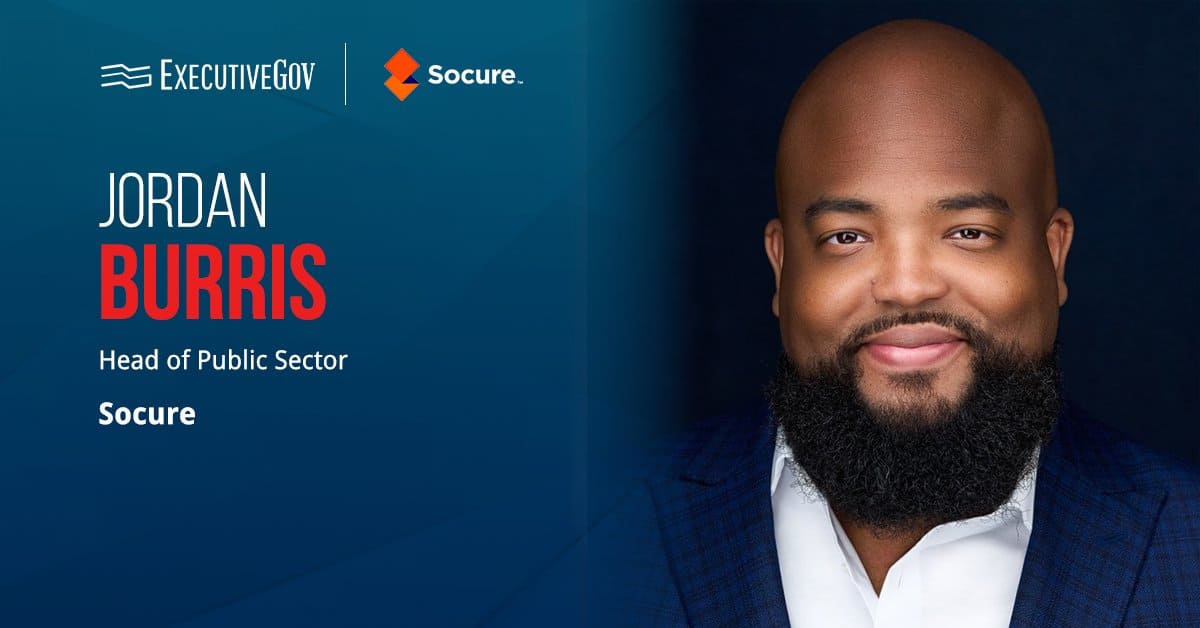 Defense Secretary James Mattis has authorized 4,000 National Guard troops to coordinate with governors in the U.S. border with Mexico to support the Department of Homeland Security’s mission to secure the area.
Defense Secretary James Mattis has authorized 4,000 National Guard troops to coordinate with governors in the U.S. border with Mexico to support the Department of Homeland Security’s mission to secure the area.The Defense Department said Saturday the effort is part of U.S. President Donald Trump’s order to deploy National Guard troops to protect the southern border and enhance the support for the U.S. Customs and Border Protection.
U.S. Air Force Gen. Joseph Lengyel, chief of the National Guard Bureau, stated on Twitter that up to 500 troops were already ordered to go to the border.
The National Guard troops will contribute to the DHS border security mission with aviation, engineering, surveillance, communications, vehicle maintenance and logistical support services.
The deployed soldiers will remain under the command and control of their respective governors through Sept. 30.





